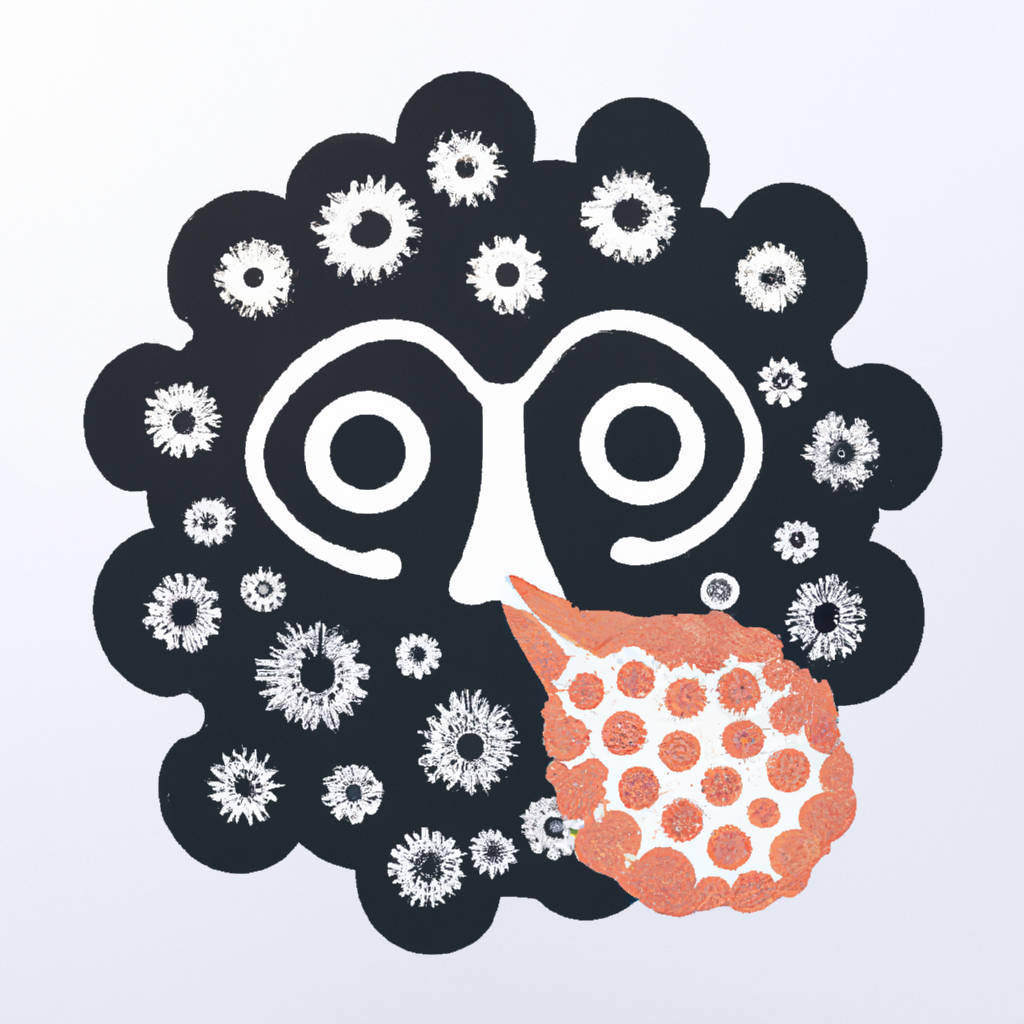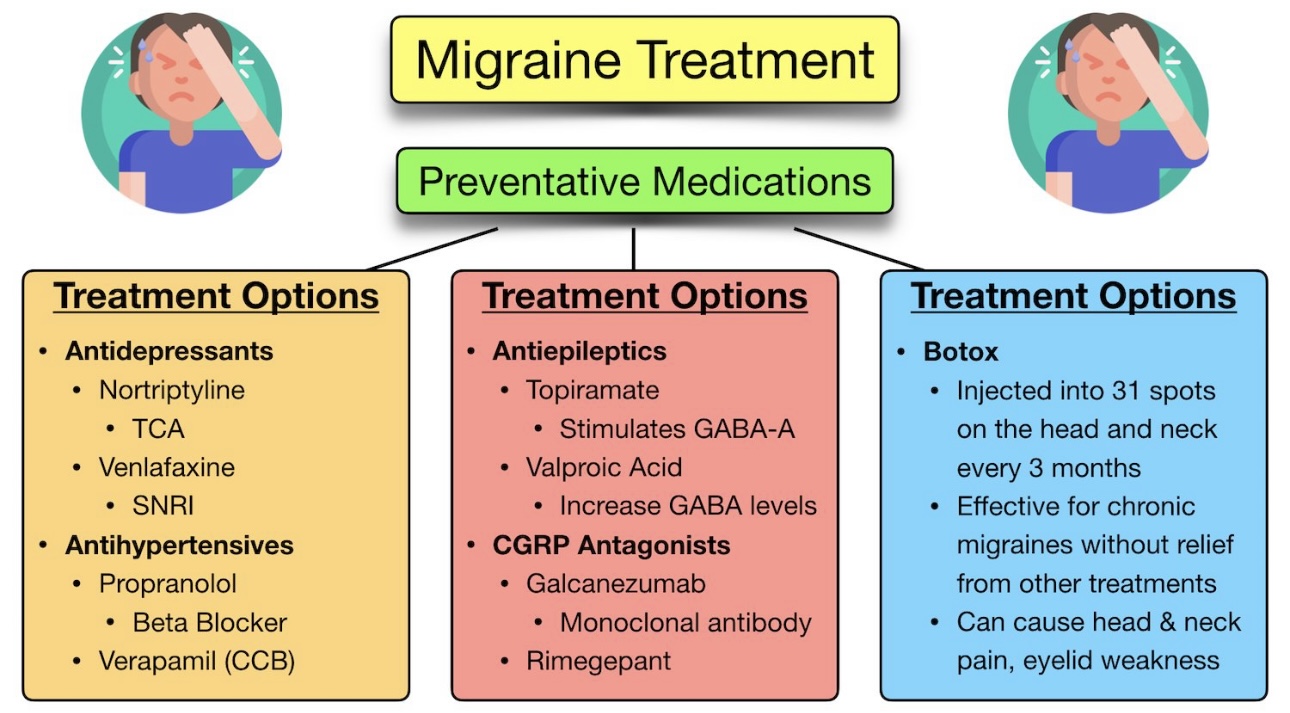Epidemic pleurodynia, also known as Bornholm disease, is a rare viral infection that affects the muscles between the ribs, causing severe chest pain. The condition is caused by the Coxsackie B virus, which is highly contagious and spreads through respiratory droplets or contact with infected saliva or feces. The symptoms of epidemic pleurodynia typically include sudden onset of sharp, stabbing chest pain that worsens with movement or deep breathing. Other symptoms may include fever, headache, and general malaise.
The chest pain can be so severe that it is often mistaken for a heart attack, leading to unnecessary trips to the emergency room. Treatment for epidemic pleurodynia usually involves pain management with over-the-counter medications and rest. In severe cases, antiviral medications may be prescribed to help alleviate symptoms and shorten the duration of the illness. It is important to practice good hygiene and avoid close contact with individuals who are infected with the Coxsackie B virus to prevent the spread of epidemic pleurodynia.

Overview
Overview is a broad term that can be applied to a variety of subjects and situations. It typically involves taking a step back and looking at the big picture, rather than focusing on specific details or individual elements. An overview allows for a better understanding of the context in which something exists or occurs, providing a broader perspective that can help to inform decision-making and problem-solving. In many cases, an overview can help to identify patterns, trends, or connections that may not be immediately apparent when looking at things in isolation.
By providing a comprehensive view of a topic or issue, an overview can help to simplify complex information and make it more digestible for a wider audience. It can also serve as a starting point for further exploration or investigation, guiding individuals towards a deeper understanding of a subject. Overall, an overview is a valuable tool for gaining insight and perspective on a wide range of topics, allowing for a more holistic and informed approach to thinking and decision-making.
Prevent chronic inflammation
Chronic inflammation is a condition that can have serious consequences for our health if left unchecked. To prevent chronic inflammation, it is important to focus on maintaining a healthy lifestyle. This includes eating a balanced diet rich in fruits, vegetables, whole grains, and lean proteins, as well as avoiding processed foods and excessive sugar and salt intake. Regular physical activity is also crucial in reducing inflammation and promoting overall health. Exercise helps to regulate the immune system and reduce the production of inflammatory markers in the body.
Additionally, getting an adequate amount of sleep each night is important for reducing inflammation and supporting the body’s natural healing processes. Stress management techniques such as mindfulness meditation, deep breathing exercises, and yoga can also be beneficial in preventing chronic inflammation. Finally, it is important to avoid exposure to environmental toxins and pollutants, as these can contribute to inflammation in the body. By making these lifestyle changes and focusing on overall wellness, we can significantly reduce our risk of developing chronic inflammation and the associated health complications.

Symptoms
Symptoms are the body’s way of communicating that something is not right. They can manifest in various ways, such as physical pain, changes in appetite, or fluctuations in mood. Paying attention to symptoms is crucial for maintaining overall health and well-being. Ignoring symptoms can lead to more serious health issues down the line. It is important to listen to your body and seek medical attention if you experience persistent or concerning symptoms. While some symptoms may be temporary and resolve on their own, others may require professional intervention. In some cases, symptoms may be a sign of an underlying medical condition that needs to be addressed promptly.
By being proactive and addressing symptoms early on, individuals can prevent potential complications and improve their overall quality of life. It is also important to recognize that symptoms can vary greatly from person to person, and what may be a common symptom for one individual may be uncommon for another. This is why it is essential to seek personalized medical advice and treatment when experiencing symptoms. Overall, symptoms serve as important signals from the body that should not be ignored. By being aware of and responsive to symptoms, individuals can take control of their health and well-being.
Diagnosis
Diagnosis is an essential aspect of the medical field, as it involves the identification of a patient’s medical condition based on their symptoms and medical history. It is a crucial step in determining the appropriate treatment plan for the individual. Doctors use various tools and techniques to diagnose different medical conditions, including physical examinations, blood tests, imaging tests, and biopsies. The accuracy of a diagnosis can greatly impact a patient’s prognosis and quality of life. It is important for healthcare professionals to be thorough and diligent in their diagnostic process to ensure that patients receive the proper care and treatment they need.
In some cases, a misdiagnosis can lead to serious consequences, such as delayed treatment or unnecessary procedures. Therefore, it is crucial for healthcare providers to continuously educate themselves on the latest diagnostic techniques and guidelines to improve the accuracy and efficiency of their diagnoses. Additionally, advancements in technology have revolutionized the field of diagnosis, allowing for quicker and more accurate assessments of a patient’s condition. Overall, diagnosis plays a critical role in the practice of medicine and is a key factor in providing patients with the best possible care.

Duration
Duration is a concept that often goes hand in hand with time, referring to the length of time that something lasts or continues. In various aspects of life, duration plays a crucial role in determining outcomes and making decisions. From the duration of a movie or a song to the duration of a project or a relationship, the length of time something takes can greatly impact the overall experience. For example, a movie with a long duration may test the patience of its audience, while a short-lived project may not achieve its intended goals. Similarly, a relationship that lasts for a short duration may not have enough time to develop and grow, while a relationship that lasts for a long duration may face challenges and changes over time.
In the business world, the duration of a contract or agreement can have significant implications for both parties involved, affecting their financial and legal obligations. In the natural world, the duration of a drought or a storm can impact ecosystems and communities, leading to both short-term and long-term consequences. Overall, duration is a fundamental aspect of life that influences the way we experience events, make decisions, and navigate the world around us. Understanding the importance of duration can help us make informed choices and appreciate the significance of time in our daily lives.
Prevent
Prevention is a crucial aspect of maintaining order and safety within society. By taking proactive measures to address potential issues before they escalate, we can create a more harmonious and secure environment for all individuals. Prevention strategies can range from education and awareness campaigns to implementing safety protocols and regulations. By identifying and addressing root causes of problems, we can work towards creating a more stable and productive community. Through prevention efforts, we can reduce the likelihood of negative outcomes and promote positive behaviors and outcomes.
It is important to recognize the importance of prevention in fostering a culture of responsibility and accountability. By promoting prevention strategies, we can empower individuals to make informed choices and contribute to a safer and more sustainable society. Ultimately, prevention is about taking proactive steps to address potential challenges and promote positive outcomes for all members of society. By prioritizing prevention efforts, we can work towards creating a more resilient and thriving community for generations to come.
Treatments
Treatments are interventions or procedures aimed at improving a person’s physical or mental health. There are a wide variety of treatments available, ranging from conventional medical treatments such as medication and surgery to alternative therapies like acupuncture and massage. The effectiveness of a treatment can vary depending on the individual and their specific condition. Some treatments may have side effects or risks associated with them, while others may be relatively safe and well-tolerated. It is important for individuals to carefully consider the potential benefits and risks of any treatment before deciding to undergo it.
In some cases, a combination of treatments may be recommended to achieve the best possible outcome. It is also important for individuals to work closely with their healthcare providers to monitor their progress and make any necessary adjustments to their treatment plan. Ultimately, the goal of treatments is to help individuals improve their quality of life and achieve optimal health and well-being. By exploring the various treatment options available and making informed decisions, individuals can take control of their health and work towards a healthier, happier future.
Professional advice
Professional advice is essential for navigating complex situations and making informed decisions. It is important to seek guidance from experts who have the knowledge and experience to provide valuable insights. Whether it is in the realm of finance, business, health, or any other field, professional advice can help individuals achieve their goals and avoid costly mistakes. By consulting with professionals, individuals can gain a deeper understanding of their options and make well-informed choices that align with their objectives.
Furthermore, professional advice can provide a sense of reassurance and confidence in one’s decision-making process. In today’s fast-paced and ever-changing world, having access to reliable professional advice can be a game-changer in achieving success and overcoming challenges. It is crucial to build a network of trusted advisors who can offer support and guidance when needed. Additionally, seeking professional advice can lead to new opportunities, connections, and insights that can propel individuals forward in their personal and professional lives. Overall, professional advice is a valuable resource that can help individuals navigate complex situations, make informed decisions, and ultimately achieve their desired outcomes.
